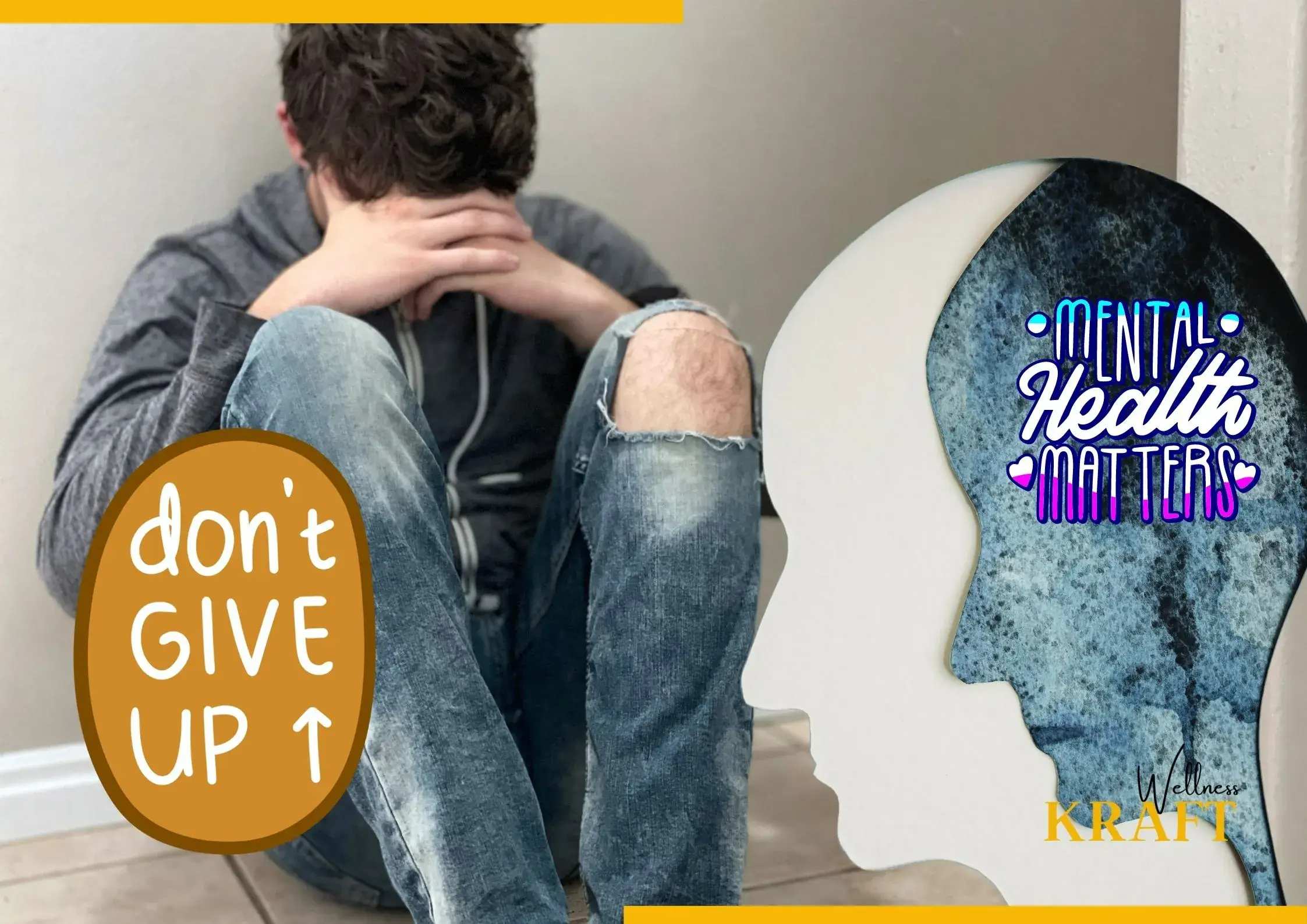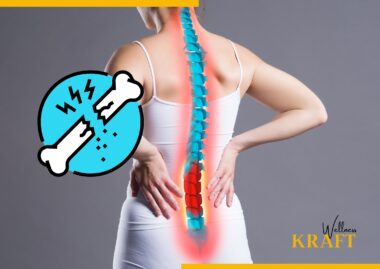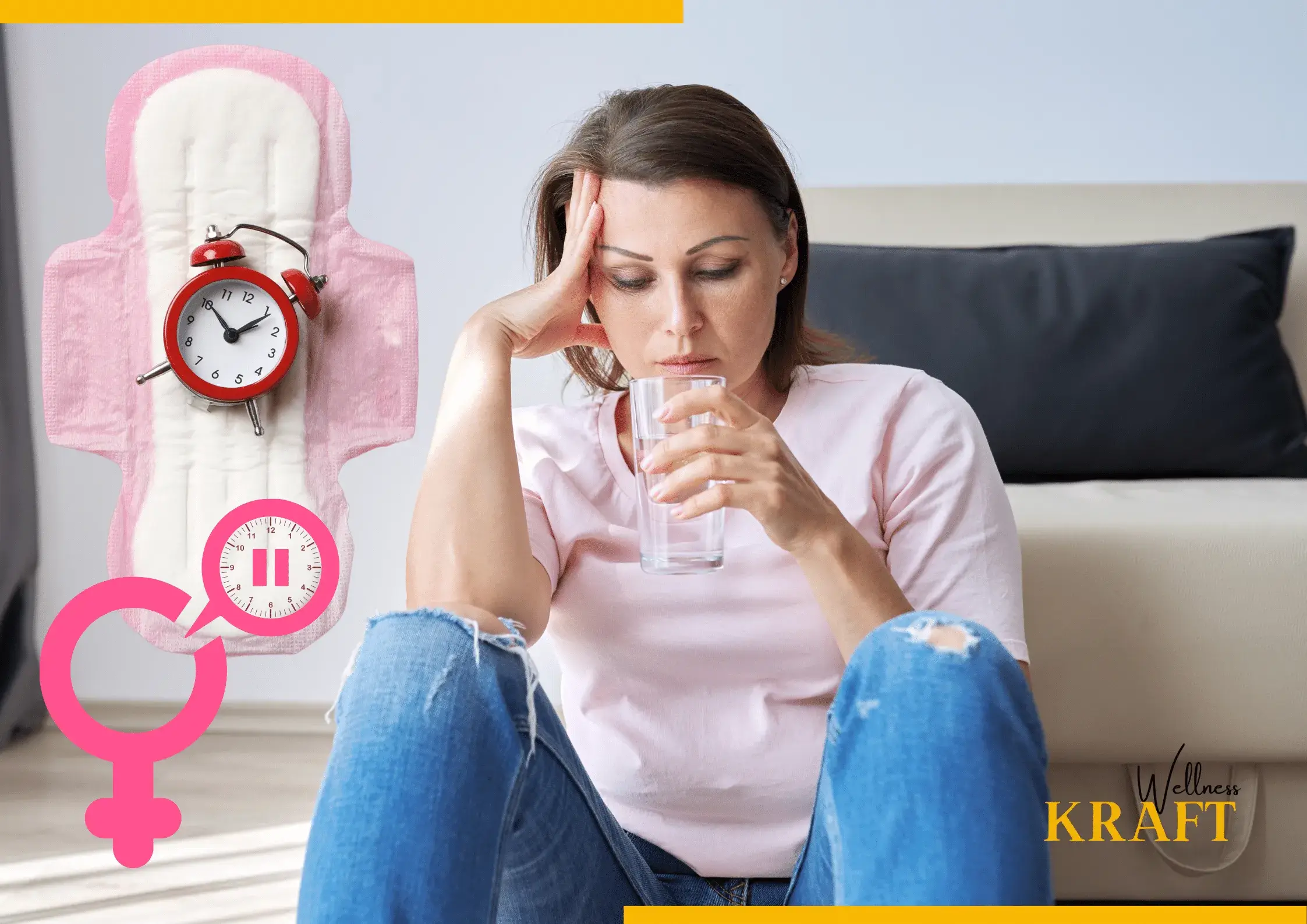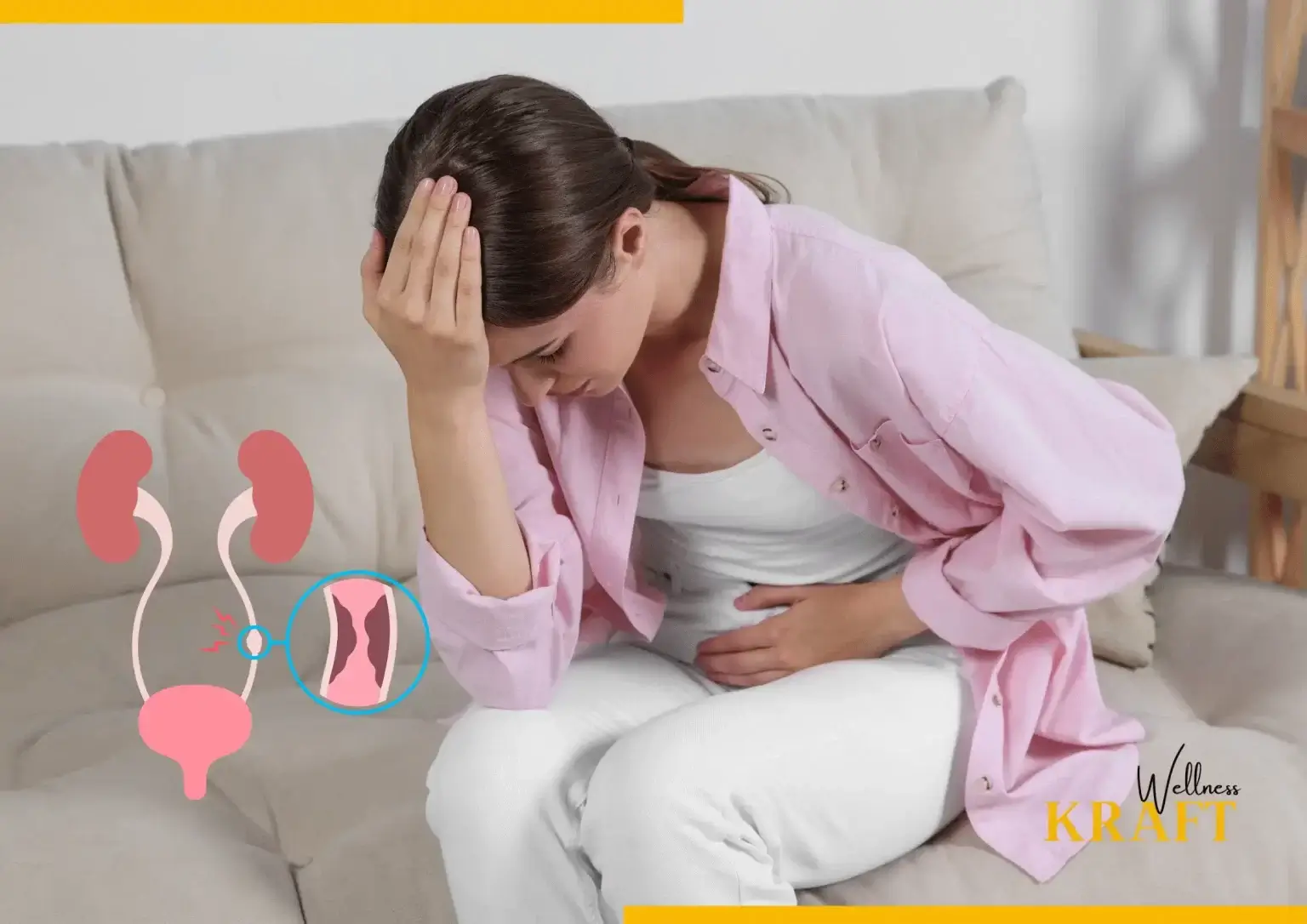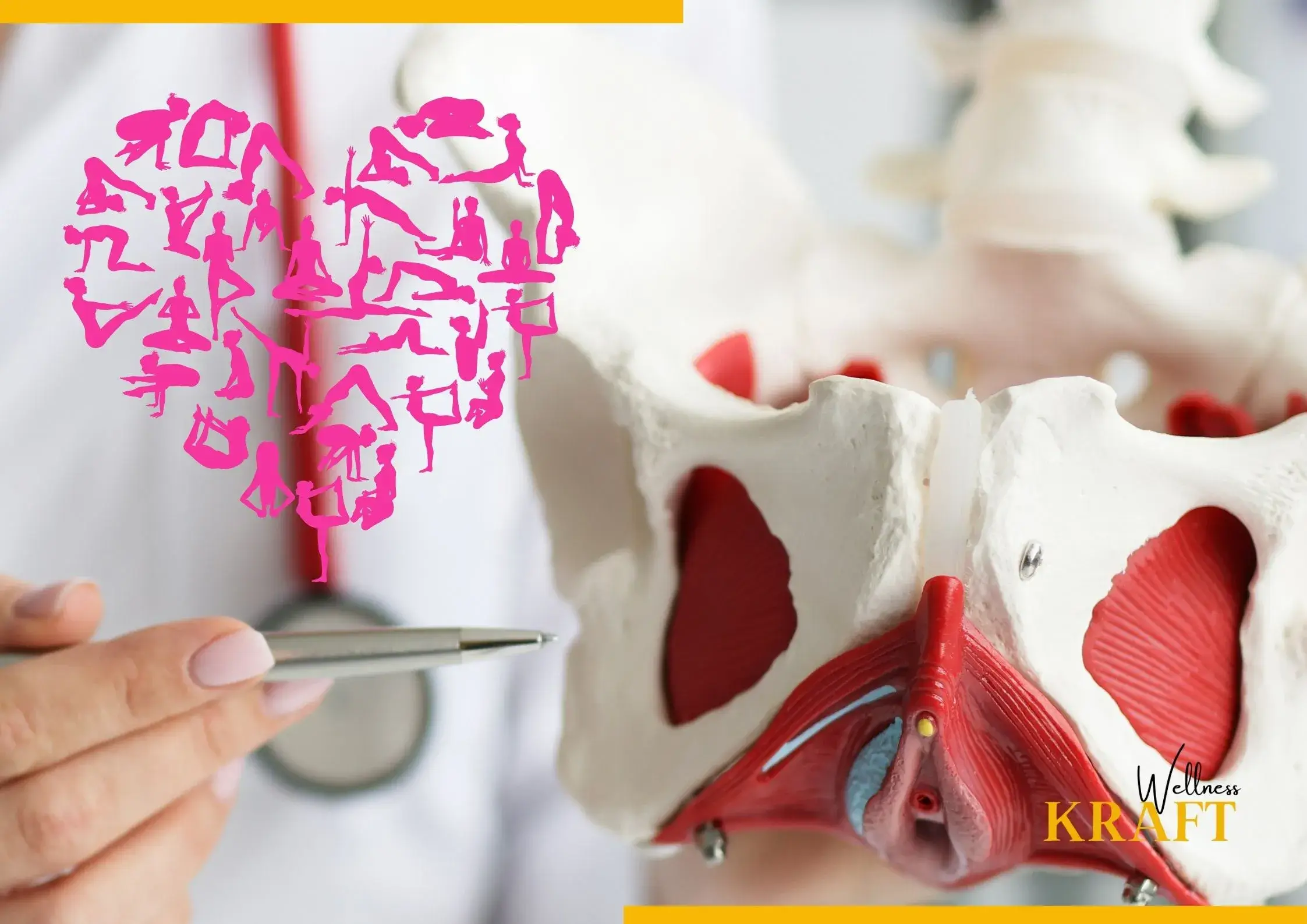Table of Contents
Introduction
Varicose veins and spider veins are common problems for women, and they can be painful and make them feel self-conscious. Insights into non-surgical treatment choices for these vein problems are provided in this blog post to help women. Commonly asked questions and concern are:
1. When to worry about varicose veins ?
2. Early stage varicose veins symptoms
3. Varicose veins cause
4. Best treatment for varicose veins
5. Are varicose veins dangerous
Understanding Varicose Veins and Spider Veins
Varicose veins are enlarged and twisted veins that typically show up on the legs. Spider veins, on the other hand, are smaller, web-like veins that are located close to the skin’s surface. Due to various factors like hormonal changes and genetics, these conditions are more prevalent in women.
Varicose veins in women are often caused by
-During pregnancy and menopause, hormones change.
-Long periods of standing or sitting
-Problems with veins in the family
-Obesity and being too heavy
-Not getting enough exercise
How to Get Rid of Spider Veins Without Plastic Surgery
a. Changes to the way you live and home remedies: Encourage frequent exercise, stay at a healthy weight, keep your legs up when you’re resting, avoid sitting or standing for long periods of time, and wear clothes that don’t fit too tightly.
b. Compression stockings and clothing: Wearing compression stockings can help improve blood flow, and reduce swelling.
c. Exercise and physical activity: Do low-impact exercises like walking and swimming to improve blood flow and build leg muscles.
d. Herbal supplements and treatments: Look into natural remedies like horse chestnut extract and butcher’s broom, which are known to help reduce vein swelling.
e. Medical Procedures and Non-Invasive Treatments: For treatments like sclerotherapy, laser therapy, and radiofrequency ablation, you should talk to a medical professional.
Tips for women to avoid getting varicose veins
– Improve blood circulation with regular exercise.
– Don’t cross your legs when you’re sitting.
– Keep a healthy diet low in salt and high in fiber
– Raise your legs while resting.
– Don’t wear high heels for long stretches of time.
– Women can take charge of their vein health and enhance their general health by taking preventive measures, and looking into non-surgical vein treatments.
Say Complete NO to Sour Food
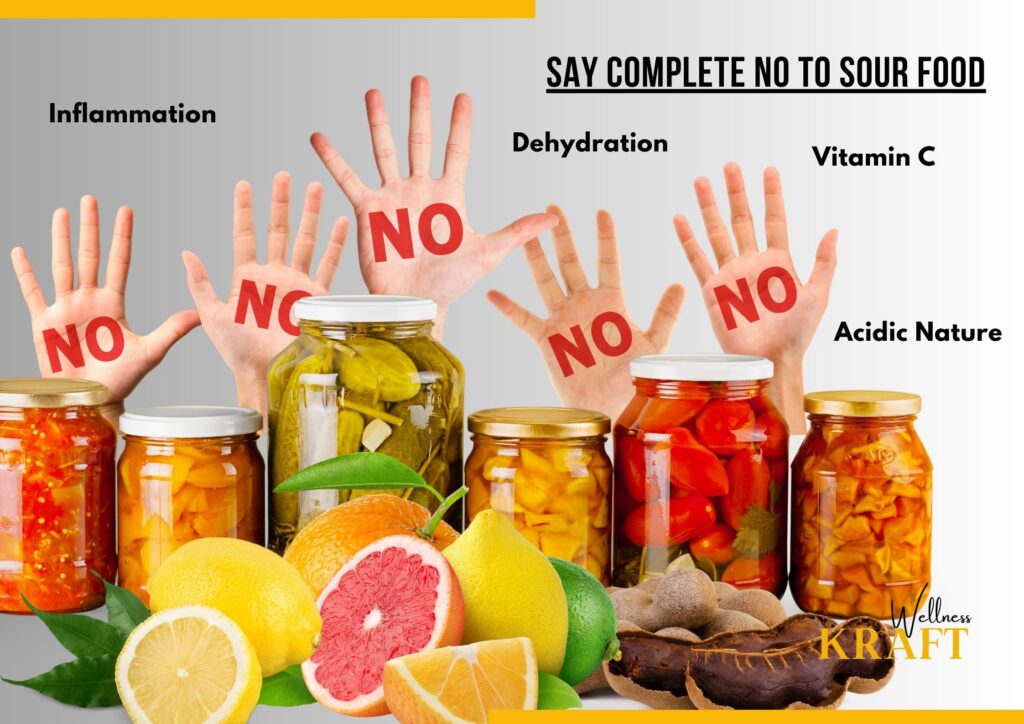
Some sour foods may make varicose veins worse because they can cause your body to react in ways that can make the condition worse. Even though sour foods don’t directly cause such condition, their impact on blood circulation and vein health can be a worry for people who already have vein problems. Here are a few ways that eating sour foods may make your veins worse:
1. Acidic Nature:
Most sour foods, like lemons and oranges, vinegar, and some pickled foods, are acidic by nature. When eaten, these acidic foods can irritate the digestive system and may contribute to acid reflux. Acid reflux that lasts for a long time can raise the pressure in the abdomen, which may reduce blood flow in the legs and feet and put more stress on veins that are already damaged.
2. Inflammation:
Inflammation can be brought on by some sour foods. The right operation of blood vessels can be disrupted by chronic inflammation, which can lead to a loss of flexibility and a reduction in blood flow. Inflammation can exacerbate the condition and lead to more pain and swelling in individuals with varicose veins.
3. Vitamin C:
Although vitamin C is essential for general health and immune function, an excessive amount of vitamin C supplements or highly acidic fruits may contribute to the weakening of blood vessel walls. Varicose veins are caused by weak vein walls and valves that don’t work right. Getting too much vitamin C could make these problems worse.
4. Dehydration:
Sour foods, especially those that are very acidic, can make you lose water. Dehydration lowers the amount of blood and can lead to thicker, less mobile blood, making it more difficult for the blood to move through the veins efficiently. Varicose veins can be made worse by poor blood circulation, which can also lead to greater pain.
The impact of sour foods can vary depending on the individual. Some people may be more sensitive than others to foods that are acidic.
Find out more about varicose veins
The causes, risk factors, and potential treatment options for varicose veins have all been the subject of extensive research. Here are some important things that recent studies have shown:
1. Varicose veins are a prevalent problem that affects about 20% of people globally, according to research. The condition is more common in women than in men, and the number of women who have it goes up as they get older. Pregnancy risk factors include a history of the disease in the family, obesity, standing, and prolonged times of standing or sitting.
2. Hormones play a big role in the development of these veins, especially during pregnancy and menopause when hormones change. Higher amounts of progesterone and estrogen can make vein walls and valves weaker, which can cause veins to get bigger and blood to pool in them.
3. Studies have shown that an individual’s risk of getting varicose veins is greatly increased if they have a family history of the condition. Some individuals are more susceptible to vein problems due to genetic factors that affect vein structure and function.
4. Being inactive and living a sedentary lifestyle have been linked to a higher risk . On the other hand, regular exercise can improve blood flow and make current varicose veins less painful.
5. Jobs that keep you standing or sitting for long periods of time, like nursing, shopping, and office work, are linked to a higher risk. Taking breaks to move around and using ergonomic techniques can help reduce the risk.
6. Studies that looked at the long-term effects of non-surgical treatments found that patients were happy with them and there were few problems. Patients often feel better from signs like pain, swelling, and feeling like their legs are too heavy.
7. Researchers stress the importance of preventing varicose veins by keeping a healthy weight, avoiding prolonged sitting or standing, and wearing compression tights, especially for individuals who have a family history of varicose veins.
Frequently Asked Questions (FAQ)
Q 1: What are spider veins and varicose veins?
A: These are twisted and enlarged veins, while spider veins are smaller veins that look like webs near the surface of the skin.
Q 2: Is it more common for women to have varicose veins?
A: These are more prevalent in women as a result of factors like hormonal changes and genetics.
Q 3: How do you fix varicose veins without going to the doctor?
A: Yes, of course! Lifestyle adjustments, compression stockings, exercise, and herbal remedies are all non-surgical treatment choices.
Q 4: Does taking herbal products for varicose veins help?
A: Herbal treatments like horse chestnut extract and butcher’s broom may help lessen vein swelling.
Q 5: How do compression tights help with the treatment of varicose veins?
A: Compression stockings improve blood flow, reduce swelling, and ease symptoms.
Q 6: What kinds of medical treatments don’t involve surgery?
A: Some non-invasive medical treatments for varicose veins are sclerotherapy, laser therapy, and radiofrequency ablation.
Q 7: Can exercise help keep varicose veins from happening?
A: Low-impact workouts do improve blood flow and strengthen leg muscles, which makes varicose veins less likely.
Q 8: Are there any ways to keep women from getting varicose veins?
A: Yes, you can prevent it by keeping a healthy weight, resting with your legs up, and not sitting or standing for long periods of time.
Q 9: Do high heels make you more likely to get varicose veins?
A: Yes, wearing high heels for long amounts of time can make you more likely to get varicose veins.
Q 10: For treatment options, should I consult a medical professional?
To find the best non-surgical treatment plan for your individual needs, it is crucial to consult a healthcare professional.
Concluding Thoughts
To make sure any new treatment plan meets your individual needs, make sure to consult a healthcare professional first. Women can say goodbye to varicose vein issues without having cosmetic surgery if they are determined and take the right steps. Making appropriate dietary choices that support vein health, as with any health condition. Changing your lifestyle, such as getting regular exercise, maintaining a healthy weight, and wearing compression stockings, can also contribute to effectively managing such conditions.

